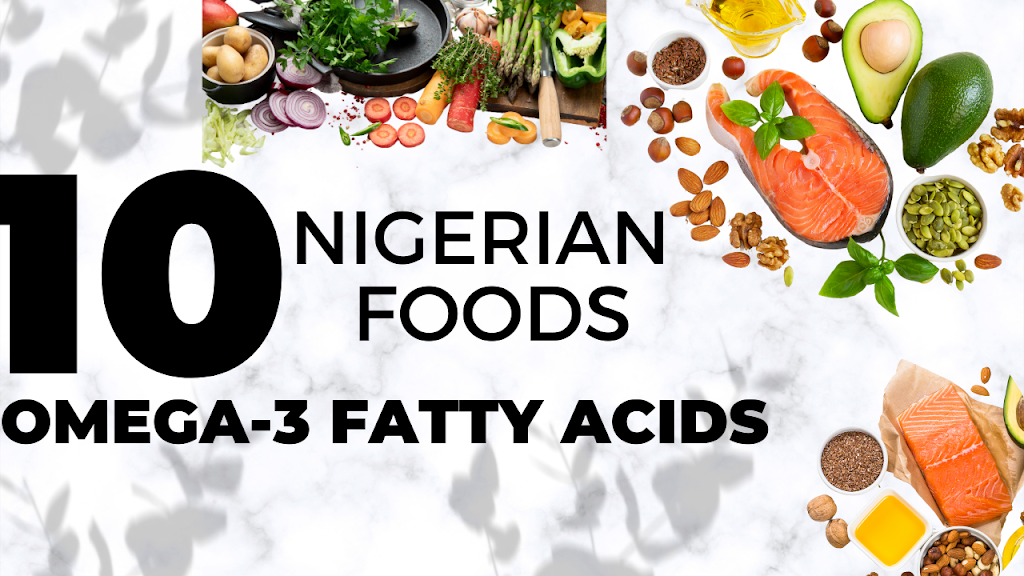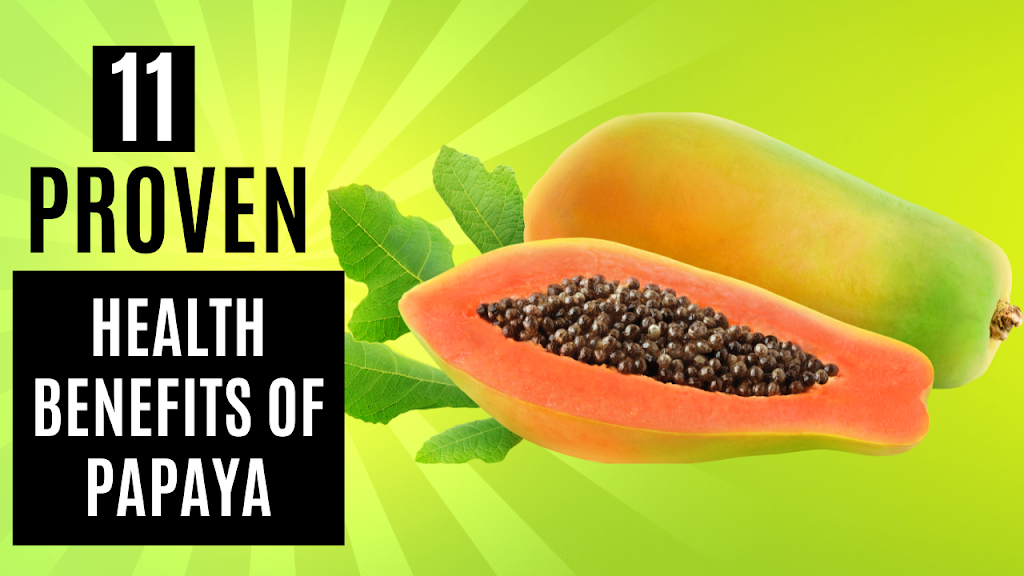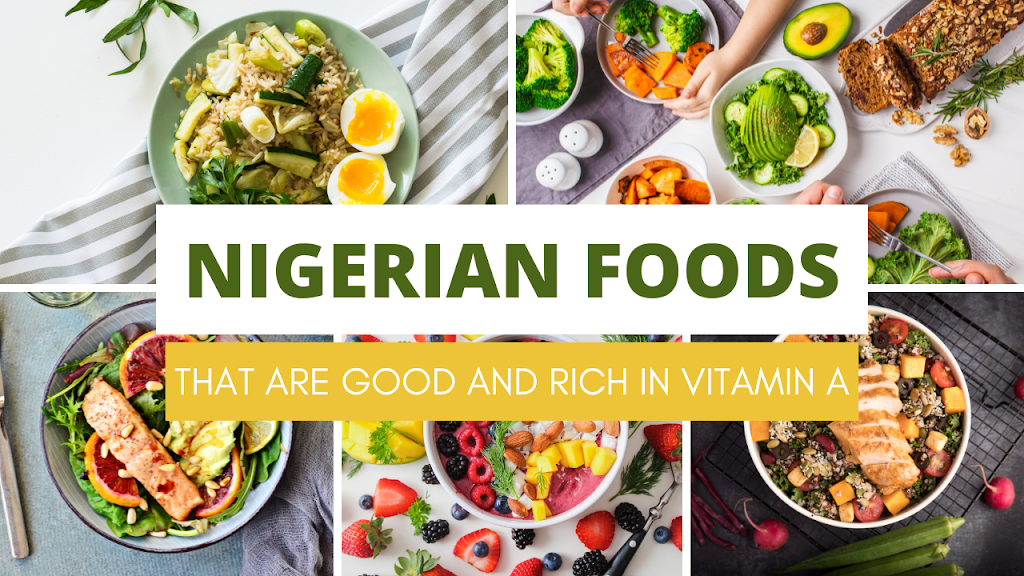 |
| Delicious Recipes and Nutrition Tips |
Nigeria is a country blessed with an abundance of fresh, flavorful ingredients. From starchy staples like yams and plantains to vibrant vegetables and protein-rich nuts and seeds, Nigerian cuisine offers a delicious and nutritious foundation for a healthy diet. However, with the increasing popularity of processed foods and sugary drinks, many Nigerians are struggling to maintain a balanced diet.
This blog post will explore the key principles of healthy eating in Nigeria, provide delicious and easy-to-make recipes, and offer practical tips for incorporating healthy habits into your daily routine.
Nutrition Tips for a Healthy Diet
Eat various foods: Incorporate a mix of fruits, vegetables, whole grains, lean proteins, and healthy fats into your diet to ensure you’re getting a wide range of nutrients.
Limit processed foods: Try to avoid or minimize the consumption of processed foods, which are often high in unhealthy fats, sugars, and sodium.
Stay hydrated: Drinking plenty amount of water throughout the day to maintain proper hydration levels and support overall health.
Practice portion control: Be mindful of serving sizes to avoid overeating and maintain a healthy weight.
Consider supplements: If you’re struggling to get enough nutrients from your diet, consider taking supplements to fill any gaps.
Delicious and Healthy Recipes from Nigeria
1. Jollof Rice
Jollof rice is a popular West African dish made with rice, tomatoes, onions, and various spices. To make it healthier, use brown rice instead of white rice and add more vegetables for extra nutrients.
2. Suya
Suya is a Nigerian street food made with marinated meat, usually beef or chicken, grilled over charcoal. To make it healthier, opt for leaner cuts of meat and serve it with a side of grilled vegetables.
Also Read 11 Wonderful Health Benefits Of Eating Amala That You Didn’t Know About
3. Moi Moi
Moi Moi is a steamed bean pudding that is a staple in Nigerian cuisine. To make it healthier, use black-eyed peas or other types of beans and add more vegetables for added fiber and nutrients.
4. Efo Riro
Efo Riro is a Nigerian vegetable stew made with spinach, palm oil, and various spices. To make it healthier, use a low-sodium broth and add more vegetables for extra nutrients.
5. Pepper Soup
Pepper Soup is a spicy Nigerian soup made with various meats, vegetables, and spices. To make it healthier, use leaner cuts of meat and add more vegetables for added fiber and nutrients.
6. Pounded Yam and Egusi Soup:
In Nigeria, pounded yam is a traditional dish that is frequently served with egusi soup. Yam tubers are boiled before being pounded into a smooth, elastic, dough-like consistency. This is how mashed yam is prepared. It makes for a hearty and filling supper when rolled into balls and served with the savory and rich Egusi Soup.
7. Akara:
In Nigeria, akara—also referred to as bean cakes or bean fritters—is a common street dish. Akara is a crispy-on-the-outside, soft-inside dish made from peeled and ground black-eyed peas combined with spices and onions and deep-fried till golden brown. It is frequently eaten for breakfast or as a snack, usually with bread or pap (a fermented porridge produced from corn or millet).
Read Related Post 21 List of Nutritious, Healthy and Delicious Igbo Foods in Nigeria
Tips for Healthy Eating in Nigeria
Cook more at home: Eating out can be expensive and often unhealthy. Cooking more meals at home allows you to control the ingredients and portion sizes. This way, you can ensure that you’re eating healthy and nutritious meals.
Be mindful of portion sizes: It’s important to be mindful of how much you’re eating, even if you’re eating healthy foods. Pay attention to your hunger cues and stop eating when you’re full. Using smaller plates can help you control your portion sizes.
Stay hydrated: Drinking plenty of water is essential for good health. It helps to regulate body temperature, transport nutrients, and flush out toxins. Aim to drink eight glasses of water per day.
READ MORE: 10 Hidden Benefits of Carrots You Should Know
Here are some frequently asked questions about healthy eating in Nigeria:
1. What are some traditional Nigerian foods that are healthy?
Nigeria has a rich culinary tradition with many healthy options. Some popular healthy Nigerian dishes include:
- Soups and stews: Made with vegetables, beans, and lean protein, these dishes are packed with nutrients. Popular examples include egusi soup, ogbono soup, and vegetable jollof rice.
- Swallows: These starchy staples like pounded yam, amala, and fufu are good sources of energy. Choose whole-grain options like brown rice or millet for added fiber.
- Beans and legumes: A great source of plant-based protein and fiber, beans and legumes are a staple in Nigerian cuisine. Popular examples include black-eyed peas, kidney beans, and cowpeas.
- Nuts and seeds: Nuts and seeds are a good source of healthy fats, protein, and fiber. Add them to your diet in moderation, such as by sprinkling them on salads or soups.
- Fruits and vegetables: Aim to eat plenty of fruits and vegetables each day. Choose a variety of colors to get a wide range of nutrients.
2. How can I make my favorite Nigerian dishes healthier?
There are many ways to make your favorite Nigerian dishes healthier without sacrificing flavor. Here are a few tips:
- Use lean protein sources: Choose lean cuts of meat, fish, or poultry. You can also use plant-based protein sources like beans, lentils, or tofu.
- Reduce the amount of oil: Use healthy oils like olive oil or canola oil in moderation. You can also use cooking methods that don’t require much oil, such as grilling, baking, or steaming.
- Add more vegetables: Add vegetables to your soups, stews, and sauces. You can also roast vegetables as a side dish.
- Use whole grains: Choose whole-grain options for your swallows, such as brown rice, millet, or sorghum.
- Limit sugary drinks: Sugary drinks are a major source of empty calories. Opt for water, unsweetened tea, or black coffee instead.
3. What are some healthy Nigerian snacks?
Many healthy Nigerian snacks are perfect for when you’re on the go. Here are a few ideas:
- Fruits and vegetables: Fresh or dried fruits and vegetables are a healthy and portable snack.
- Nuts and seeds: Nuts and seeds are a good source of protein, healthy fats, and fiber.
- Hard-boiled eggs: Hard-boiled eggs are a good source of protein and healthy fats.
- Roasted chickpeas: Roasted chickpeas are a crunchy and satisfying snack.
- Yogurt: Yogurt is a good source of protein, calcium, and probiotics. Choose plain yogurt and add your own toppings, such as fruit, nuts, or seeds.
4. I’m on a tight budget. How can I eat healthily in Nigeria?
Eating healthy doesn’t have to be expensive. Here are a few tips:
- Shop at local markets: Local markets often have fresher and more affordable produce than supermarkets.
- Buy in bulk: If you have the space, buying in bulk can save you money. Just be sure to store food properly so it doesn’t spoil.
- Plan your meals: Planning your meals ahead of time can help you avoid impulse purchases of unhealthy foods.
- Cook at home: Eating out is often more expensive than cooking at home.
- Grow your own food: If you have the space, consider growing your own fruits and vegetables.
Bottom Line
Healthy eating in Nigeria is all about incorporating a variety of nutrient-dense foods into your diet and limiting processed and unhealthy options. By following these nutrition tips and trying out these delicious and healthy recipes, you can enjoy a balanced and satisfying meal plan that supports your overall health and well-being.
Sources:
The Nigerian Food Pyramid: https://www.fao.org/nutrition/education/food-based-dietary-guidelines/regions/countries/nigeria/es/
The Federal Ministry of Health and Human Services: https://www.health.gov.ng/
The National Agency for Food and Drug Administration and Control:




